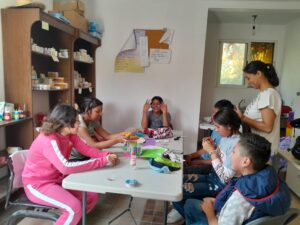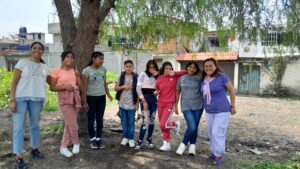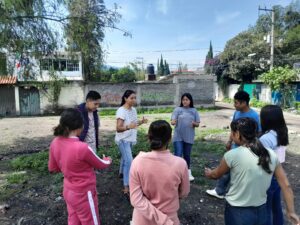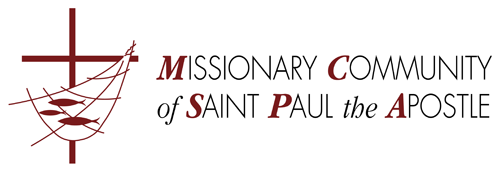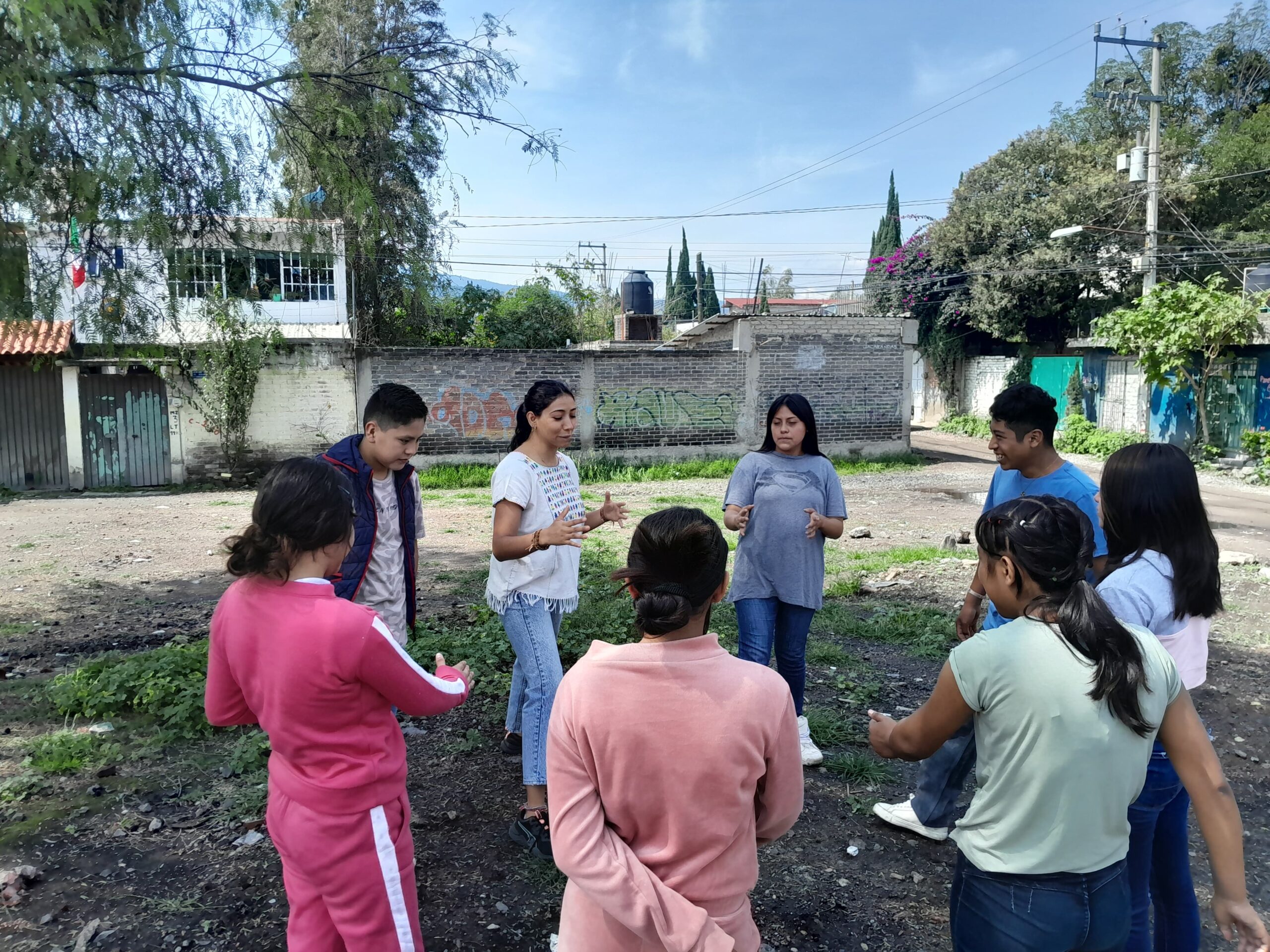Some say that adolescence is an invention of the Western world since the term was first introduced in 1904 by the American psychologist and educator G. Stanley Hall, who attributes specific biological and psychological characteristics to people between the ages of 14 to 24. Later, Sigmund Freud reinforced this new age segment. According to UNICEF, “adolescence is a stage with value and richness in itself, a challenging stage of many changes and questions for adolescents themselves, but also for their parents and other adults that are close to them”.
In many countries of the world, especially in Africa, it seems that this stage does not exist: one passes directly from childhood to adulthood through many rites and rituals. In our case, after seven years working in the neighborhood of El Paraíso in the Diocese of Xochimilco, we have come across this reality: that the children who used to come to our programs, stop coming because they are no longer children, but they are not adults either, many changes in a short period of time. So, we decided to accompany them in this interesting and decisive process in human development, not only physical and sexual but also psychological, “vocational, moral and of the self”.
This year, with the help of Ana Nájera, a specialist in Emotional Education and Mindfulness, workshops are being carried out for young people between 11 and 15 years of age in El Paraíso to help them make decisions, live a fullfilling life and give them tools to prevent risks such as dropping out of school, unwanted pregnancy, drug addiction, etc.
It has been months of learning and sharing and we firmly believe that it has been the beginning of the creation of a safe space for the development of positive bonds among themselves and with their parents. In this way, we can continue to work together to improve their lives and that of the community of El Paraíso.
By Luz María Mejía, MCSPA
El Paraiso, Mexico
